
下载亿题库APP
联系电话:400-660-1360

下载亿题库APP
联系电话:400-660-1360

请谨慎保管和记忆你的密码,以免泄露和丢失

请谨慎保管和记忆你的密码,以免泄露和丢失
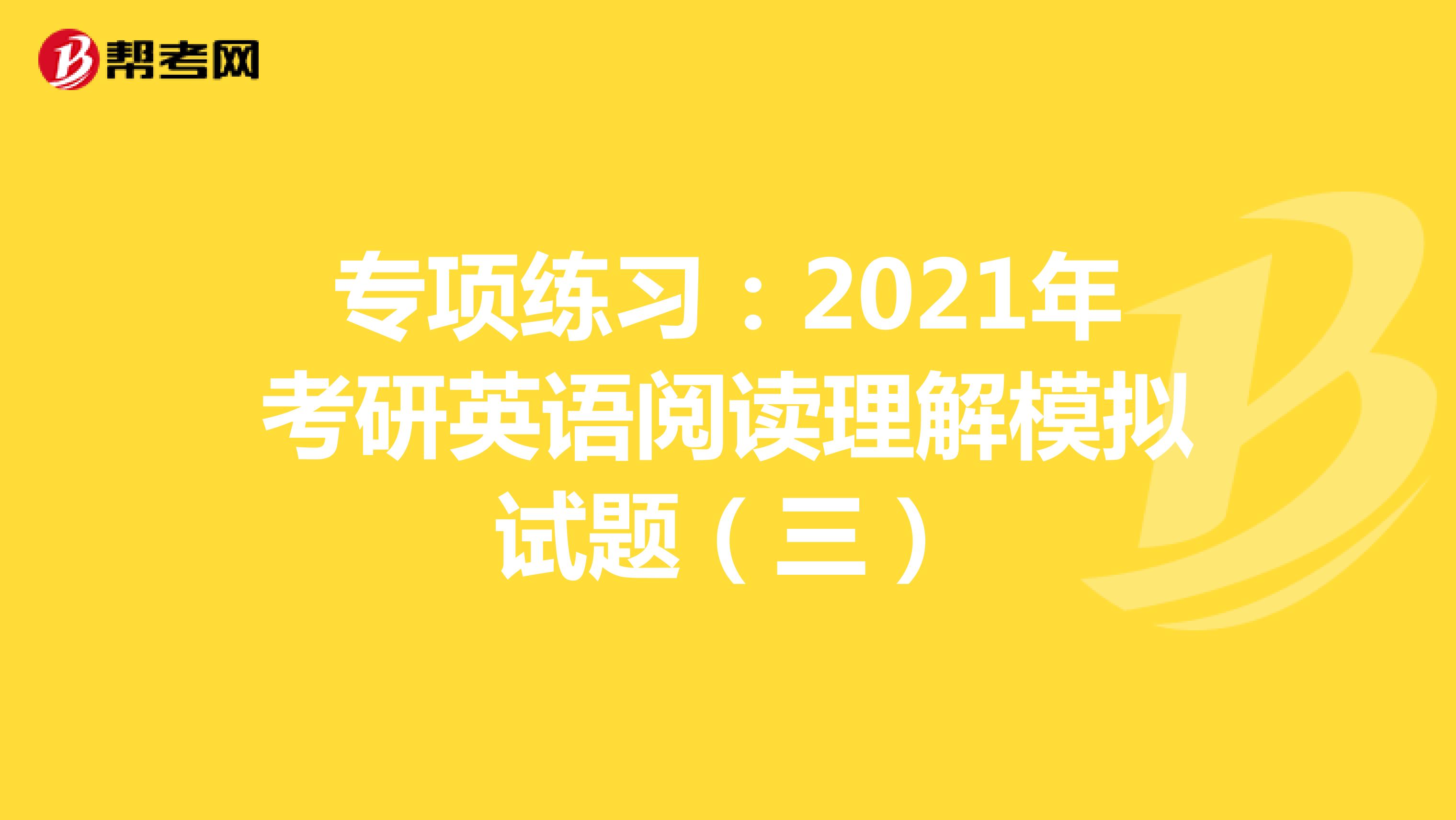
2021年考研初试备考还有最后的近两个月时间,相信大家也都在紧张的复习当中。在复习时,多做练习题可以让我们更加了解考试内容。下面,帮考网为大家带来考研初试的一些模拟试题,正在备考的小伙伴赶紧练起来吧。
Habits are a funny thing. We reach for them mindlessly, setting our brains on auto-pilot and relaxing into the unconscious comfort of familiar routine. “Not choice, but habit rules the unreflecting herd,” William Wordsworth said in the 19th century. In the ever-changing 21st century, even the word “habit” carries a negative connotation.
So it seems paradoxical to talk about habits in the same context as creativity and innovation. But brain researchers have discovered that when we consciously develop new habits, we can even create entirely new brain cells that can jump our trains of thought onto new, innovative tracks. 1_____________________________
All of us work through problems in ways of which we\'re unaware, says Dawna Markova, author of “The Open Mind”. Researchers in the late 1960s discovered that humans are born with the capacity to approach challenges in four primary ways: analytically, procedurally, relationally (or collaboratively) and innovatively. 2________________________
The current emphasis on standardized testing highlights analysis and procedure, meaning that few of us inherently use our innovative and collaborative modes of thought. 3__________________ This emphasis clearly leads to ordinary performance. On the contrary, knowing what you\'re good at and doing even more of it creates excellence.
4________________________ Figure out what has worked for you when you\'ve learned in the past, and you can draw your own map for developing additional skills and behaviors for the future. Ms. Ryan says, “If you have a pathway to learning, use it because that\'s going to be easier than creating an entirely new pathway in your brain.”
Ms. Ryan and Ms. Markova have found what they call three zones of existence: comfort, stretch and stress. Comfort is the realm of existing habit. Stress occurs when a challenge is so far beyond current experience as to be overwhelming. It\'s that stretch zone in the middle — activities that feel a bit awkward and unfamiliar — where true change occurs.
Getting into the stretch zone is good for you, according to Ms. Ryan. It helps keep your brain healthy. It turns out that unless we continue to learn new things, which challenges our brains to create new pathways, they literally begin to weaken, which may result in brain diseases. She recommends practicing a technique called kaizen, which calls for tiny, continuous improvements.
5__________________________ That can be fatal in business, particularly for executives who surround themselves with like-thinkers. If seniority and promotion are based on similarity to those at the top, chances are strong that the company lacks intellectual diversity.
[A] This is where developing new habits comes in. If you\'re an analytical or procedural thinker, you learn in different ways than someone who is inherently innovative or collaborative.
[B] Rather than dismissing ourselves as unchangeable creatures of habit, we can instead direct our own change by consciously developing new habits. In fact, the more new things we try — the more we step outside our comfort zone — the more inherently creative we become, both in the workplace and in our personal lives.
[C] After the confusion, the brain begins organizing the new input, ultimately creating new synaptic connections if the process is repeated enough.
[D] “This breaks the major rule in the American belief system — that anyone can do anything,” explains M. J. Ryan, author of the 2006 book “This Year I Will...”
[E] But if, during creation of that new habit, the “Great Decider” steps in to protest against taking the unfamiliar path, people may keep doing the same thing over and over again.
[F] At teenage years, however, the brain shuts down half of that capacity, preserving only those modes of thought that have seemed most valuable during the first decade or so of life.
[G] Simultaneously, take a look at how colleagues approach challenges, Ms. Markova suggests. We tend to believe that those who think the way we do are smarter than those who don\'t.
【参考答案】 1. B 2. F 3. D 4. A 5. G
以上就是帮考网为大家带来的全部内容,希望能给大家一些帮助。帮考网提醒:目前2021年考研大纲已经公布,小伙伴们在复习时要注意以大纲为准哦。另外,小伙伴们如果还有其他关于考研信息的疑问,也可以留言咨询哦。
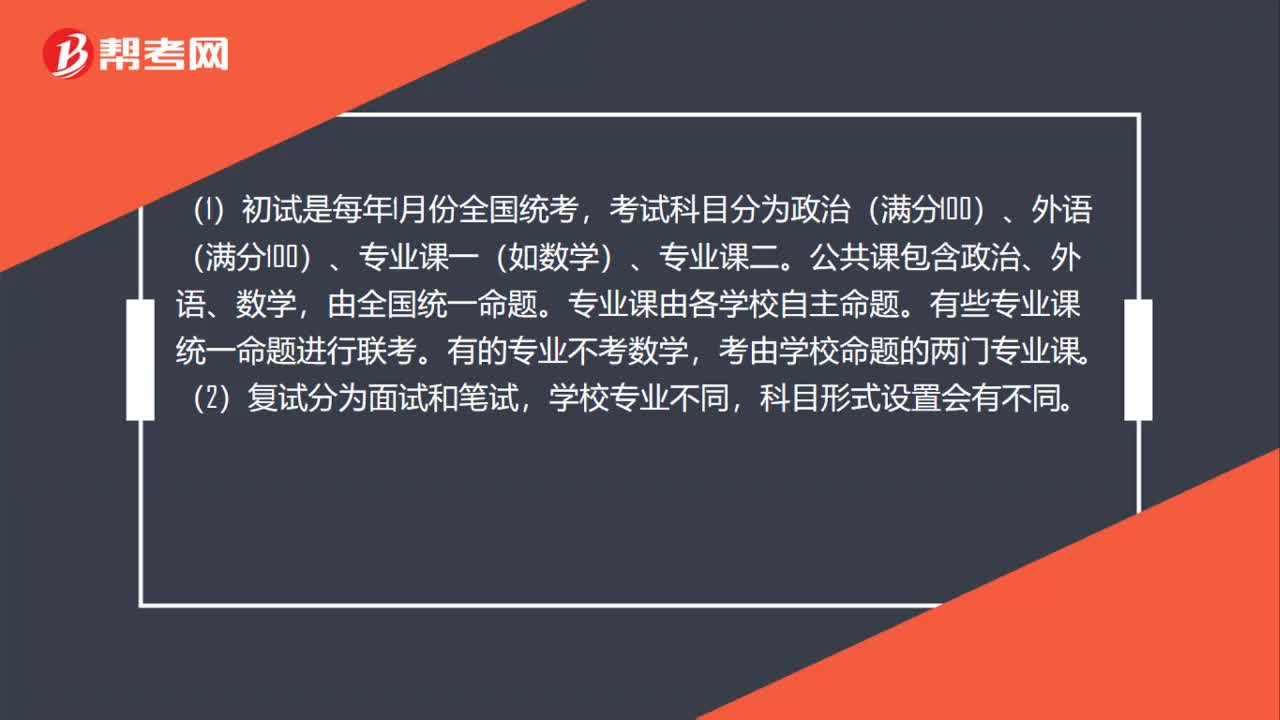 44
44研究生入学考试要考哪几门?:研究生入学考试要考哪几门?(1)初试是每年1月份全国统考,考试科目分为政治(满分100)、外语(满分100)、专业课一(如数学)、专业课二。公共课包含政治、外语、数学,由全国统一命题。专业课由各学校自主命题。有些专业课统一命题进行联考。有的专业不考数学,考由学校命题的两门专业课。(2)复试分为面试和笔试,学校专业不同,科目形式设置会有不同。
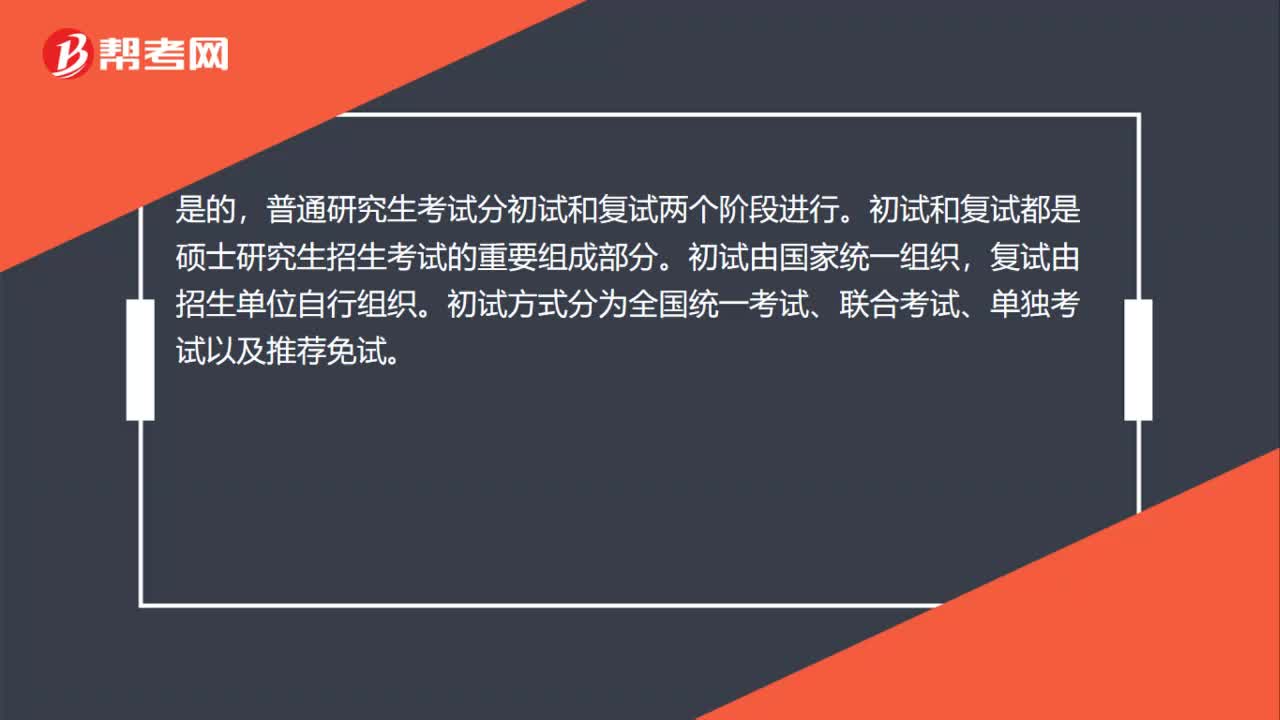 49
49普通研究生入学考试同一专业的初试是全国统一的吗?:普通研究生入学考试同一专业的初试是全国统一的吗?是的,普通研究生考试分初试和复试两个阶段进行。初试和复试都是硕士研究生招生考试的重要组成部分。初试由国家统一组织,复试由招生单位自行组织。初试方式分为全国统一考试、联合考试、单独考试以及推荐免试。全国统一命题科目及招生单位自命题科目试题(包括副题)、参考答案、评分参考等应当按照教育工作国家秘密范围的有关规定严格管理。
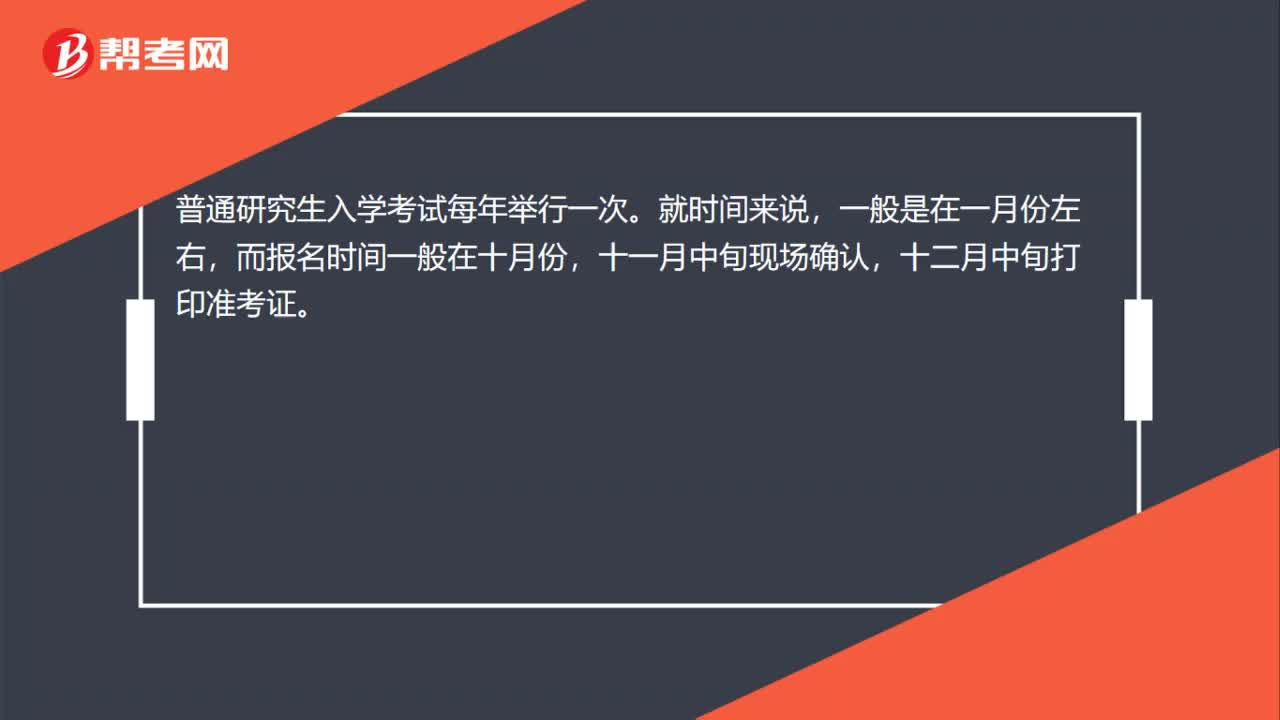 23
23普通研究生入学考试每年有几次?:普通研究生入学考试每年有几次?普通研究生入学考试每年举行一次。就时间来说,一般是在一月份左右,而报名时间一般在十月份,十一月中旬现场确认,十二月中旬打印准考证。
 00:41
00:412020-06-06
 00:44
00:442020-06-06
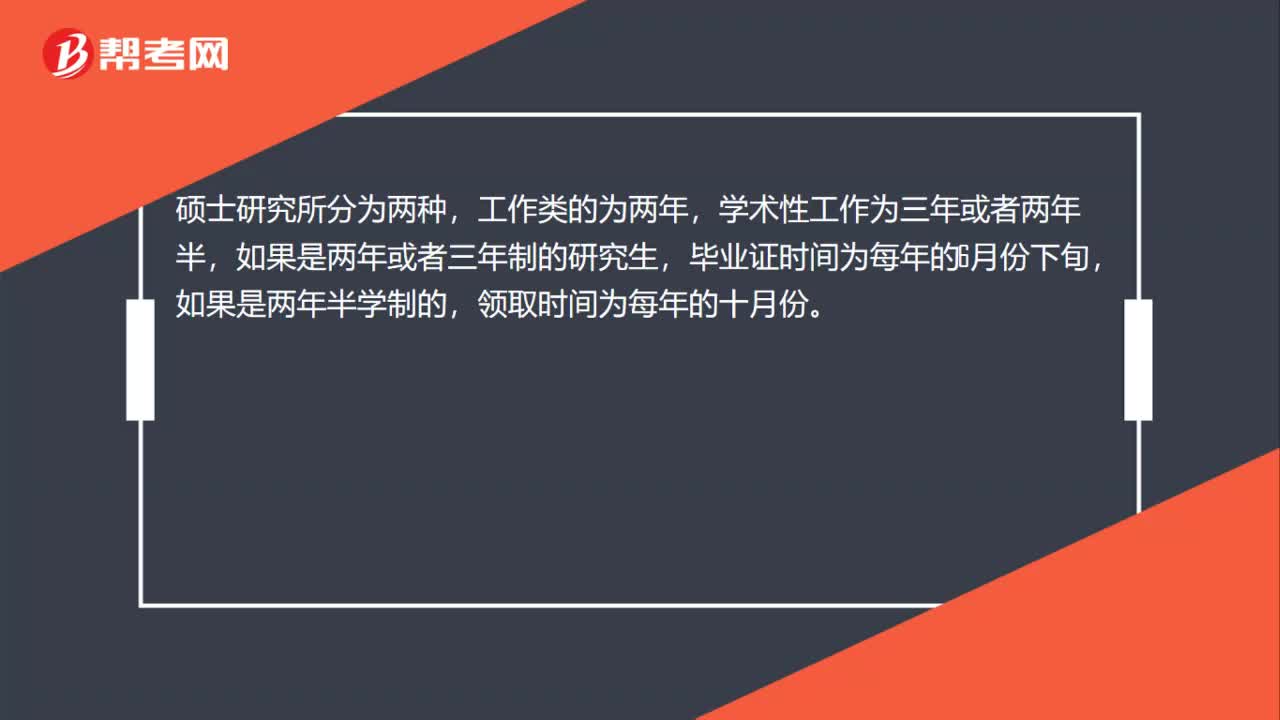 00:28
00:282020-06-06
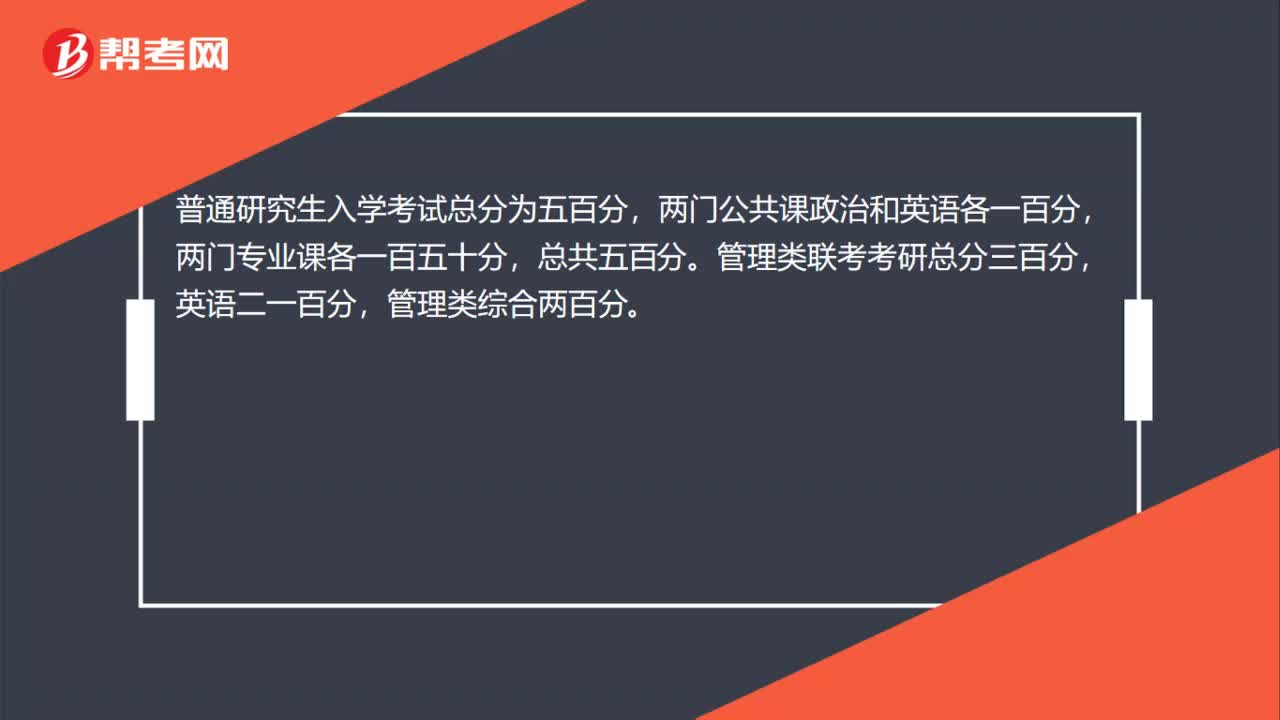 00:27
00:272020-06-06
 00:33
00:332020-06-06

微信扫码关注公众号
获取更多考试热门资料